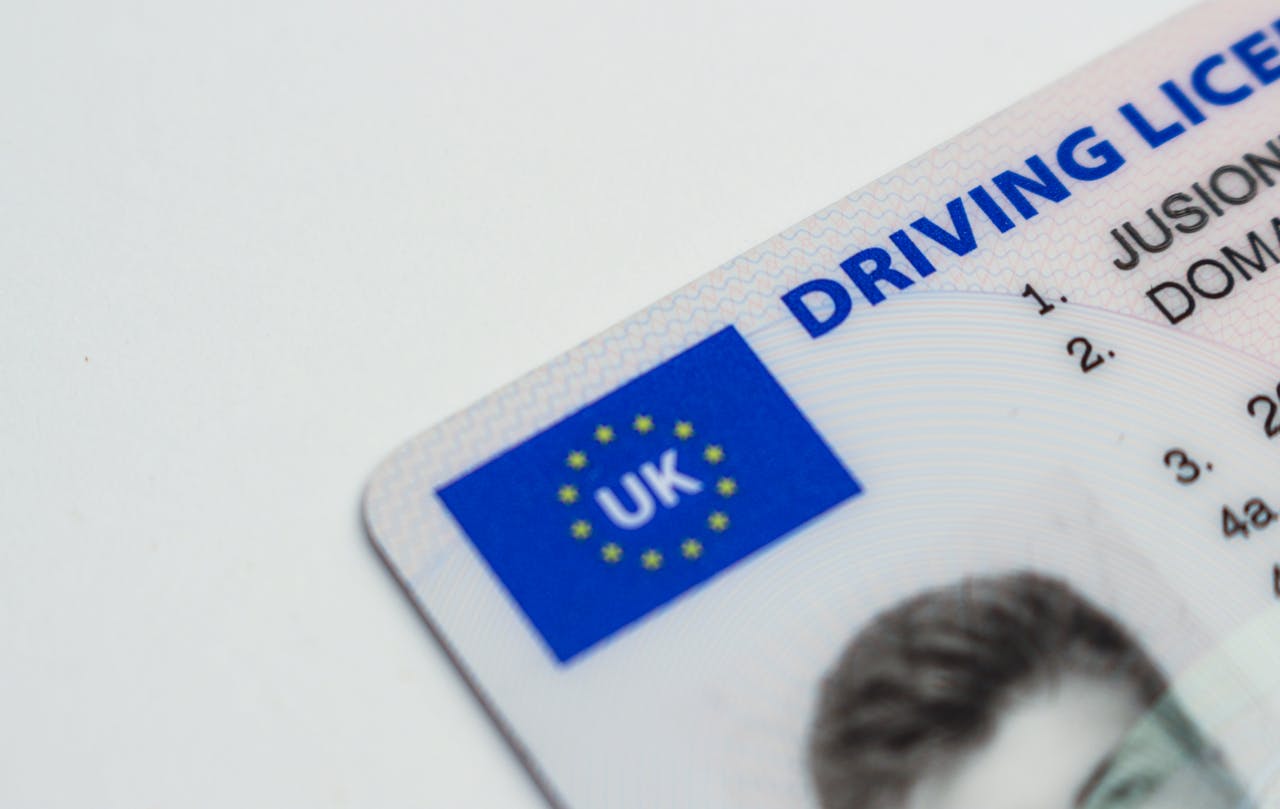Table of Contents
Obtaining a UK driving licence is an essential milestone for many, offering freedom and independence. However, navigating the process can sometimes feel overwhelming, especially with the prevalence of scams and fraudulent schemes targeting aspiring drivers. To ensure you obtain a genuine UK driving licence safely, it’s crucial to understand the legal process and be aware of common scams. This blog will guide you through the steps to acquire or buy genuine driving licence UK and provide tips on how to avoid falling victim to fraud.
Understanding the Legal Process for UK Driving Licence
The process of obtaining a UK driving licence involves several stages, all designed to ensure that drivers are competent and understand the rules of the road. Here’s a breakdown of the steps involved:
1. Provisional Licence Application
Before you can start learning to drive, you need to apply for a provisional driving licence. You can do this online through the official GOV.UK website or by completing a D1 application form available at post offices.
- Eligibility: You must be at least 15 years and 9 months old to apply. You can start driving a car when you are 17.
- Documentation: You’ll need to provide proof of identity, such as a passport, and addresses for the last three years.
- Fee: As of 2024, the fee for a provisional licence is £34 if applied online or £43 by post.
2. Driving Lessons and Theory Test
Once you have your provisional licence, you can start taking driving lessons with a qualified instructor. It’s also advisable to prepare for the theory test.
- Driving Lessons: Ensure your instructor is approved by the Driver and Vehicle Standards Agency (DVSA).
- Theory Test: How to pass practical driving test UK? This consists of two parts: multiple-choice questions and a hazard perception test. Both parts must be passed to obtain a theory test certificate, which is valid for two years.
3. Practical Driving Test
After passing the theory test and gaining sufficient driving experience to obtain UK Driving Licence, you can book your practical driving test. The test includes an eyesight check, vehicle safety questions, and a driving test where you demonstrate your ability to drive safely in various road and traffic conditions.
- Booking: Book your test through the official DVSA website. Avoid third-party websites that charge extra fees.
- Test Fee: The cost of the practical driving test is £62 on weekdays and £75 on weekends and evenings.
4. Full Driving Licence
Upon passing the practical test, your examiner will send your pass certificate to the DVLA, and you will receive your full UK driving licence by post.
Avoiding Scams
While the process outlined above is straightforward, numerous scams can trap unsuspecting applicants. Here are some tips to help you avoid falling victim to these schemes:
1. Beware of Unofficial Websites
Scammers often create websites that mimic the official GOV.UK site, charging unnecessary fees for services that should be free or lower cost.
- Verify URLs: Always check that you are on the official GOV.UK website (https://www.gov.uk/) when applying for your provisional licence, booking your theory test, or practical test.
- Avoid Third-Party Sites: These sites often promise quicker service or guaranteed passes, which are false claims.
2. Check Instructor Credentials
Ensure your driving instructor is DVSA-approved. Fake instructors may offer cheaper lessons but won’t provide the proper training you need to pass your test.
- DVSA Register: You can check if an instructor is approved by searching the DVSA register of approved driving instructors (ADIs).
- Ask for ID: A legitimate instructor will have a green (fully qualified) or pink (trainee) badge displayed in their car.
3. Avoid ‘Guaranteed Pass’ Claims
No one can guarantee a pass in the theory or practical driving test. Be wary of anyone offering such promises.
- Preparation: Focus on thorough preparation and practice. Legitimate driving schools will help you prepare but will never guarantee a pass.
- Refund Policies: Understand the terms and conditions of any driving school or instructor, particularly regarding cancellations and refunds.
4. Legitimate Payment Methods
Always use secure payment methods when paying for lessons, tests, or licences. Avoid cash transactions unless absolutely necessary and ensure you receive a receipt.
- Credit/Debit Cards: Using a credit or debit card offers some protection against fraud.
- Bank Transfers: Only use bank transfers if you trust the recipient.
5. Report Suspicious Activity
If you encounter a scam or suspect fraudulent activity, report it to the relevant authorities.
- Action Fraud: Report scams to Action Fraud, the UK’s national reporting centre for fraud and cybercrime.
- DVSA: If you suspect a driving instructor is operating without proper accreditation, report them to the DVSA.
Additional Tips for Safe Driving Licence Acquisition
1. Join a Reputable Driving School
Choosing a reputable driving school can provide additional assurance that you’re receiving legitimate instruction.
- Reviews and Recommendations: Check online reviews and ask for recommendations from friends or family.
- Accreditation: Ensure the driving school is accredited by a recognized body such as the DVSA.
2. Prepare Thoroughly for Tests
Invest time in preparing for both the theory and practical tests. Use official resources and materials to ensure you are learning the correct information.
- Official Study Materials: Use the DVSA’s official guidebooks and online resources for the theory test.
- Mock Tests: Take mock tests to familiarize yourself with the format and types of questions.
3. Stay Informed
Stay updated on any changes to the driving test process or regulations by regularly checking the DVSA and GOV.UK websites.
- News and Updates: Follow news related to driving and vehicle standards to stay informed about any changes in the process.
- Support Forums: Join forums or social media groups where you can share experiences and tips with other learner drivers.
Conclusion
Obtaining a genuine UK driving licence safely requires understanding the official process, being aware of potential scams, and taking steps to protect yourself from fraud. By following the legal steps, verifying credentials, and staying informed, you can avoid scams and ensure that you receive a legitimate UK driving licence. Remember, the goal is not only to get your licence but to become a competent and safe driver. Stay vigilant, prepare thoroughly, and drive safely.




